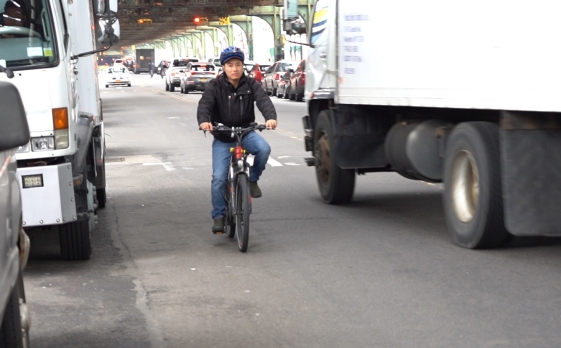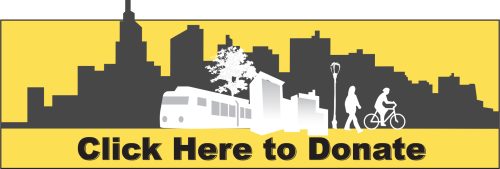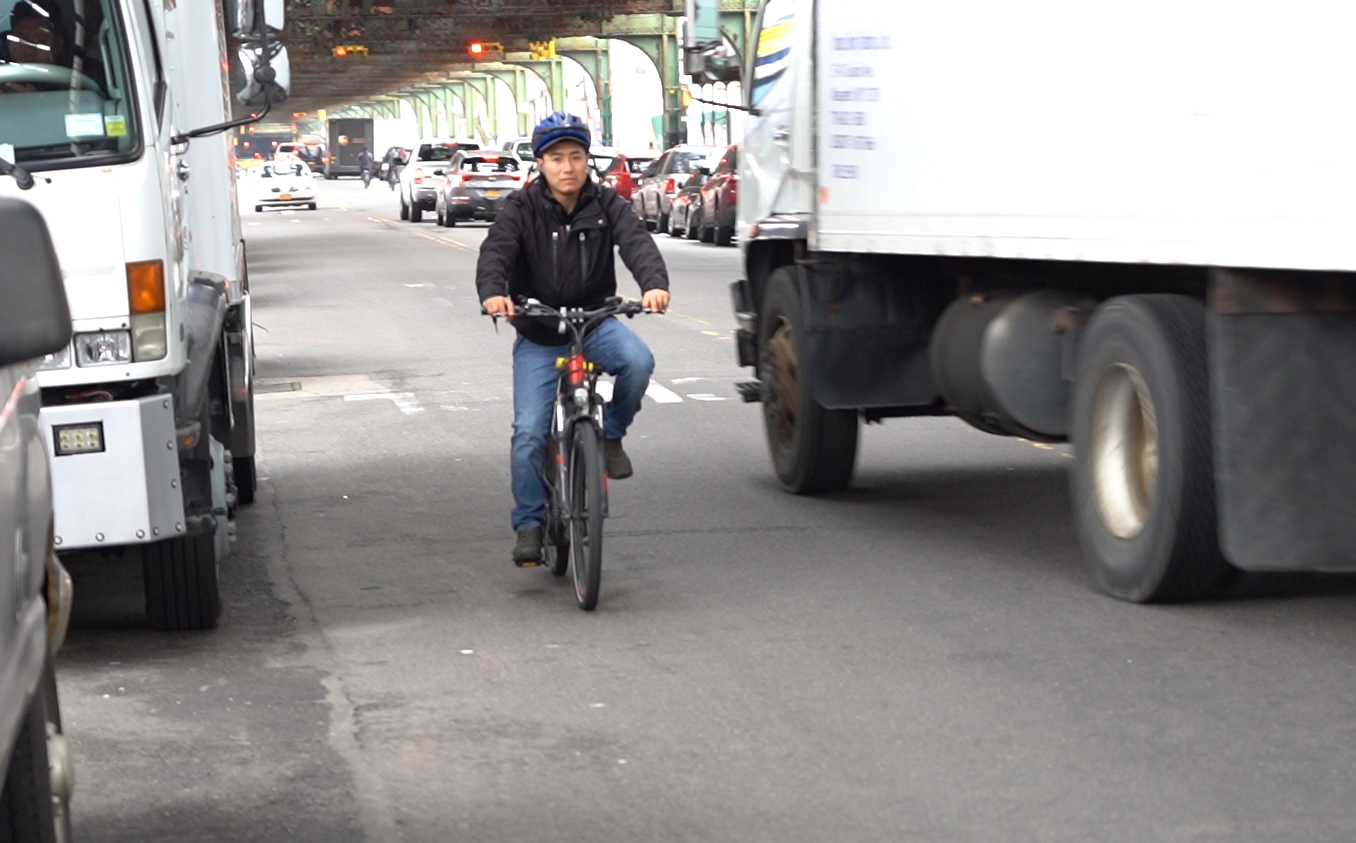

The National Labor Relations Board is looking once again at the question of what really determines if someone is an independent contractor or an employee with bargaining rights, potentially opening the door to unionization efforts for for-hire vehicle drivers and deliveristas who ferry food around New York City’s streets.
This week, the NLRB put out a call for briefs from interested parties to weigh in on the board’s decision to reexamine a Trump-era ruling — often shorthanded as SuperShuttle and seen at the time as a huge win for employers — on what standards should determine whether a worker is an independent contractor or an employee with bargaining rights. In a notice for the current case — referred to as Atlanta Opera because it involves that theatrical company and its dispute with a union representing hairdressers, makeup artists and hair stylists — the NLRB asked whether the 2019 SuperShuttle ruling should still stand or if it should be replaced.
In the call for legal papers, the board wrote that it will consider two questions: “Should the Board adhere to the independent-contractor standard in SuperShuttle [and] if not, what standard should replace it? Should the Board return to the standard in FedEx Home Delivery,” a reference to the 2014 ruling in which FedEx drivers were considered company employees. The NLRB said its Atlanta Opera decision could reinforce the earlier SuperShuttle ruling or return to the FedEx ruling “in its entirety or with modifications.”
American labor law uses a 10-point test to determine whether a worker is an employee or an independent contractor, one that examines how much control an employer has over the worker in question. In the 2019 case that established the current standards for independent contractors, the NLRB ruled that “entrepreneurial opportunity” should be the central determining factor when applying the test to determine if a worker is a contractor or an employee.
A Biden-era NLRB could, in theory, reshape the relationship between taxi and food delivery apps and the workers who make their living, sometimes a meager one, on the apps. Labor reporter Steven Greenhouse suggested that the NLRB could be getting ready to lower the boom on companies like Uber, Lyft and DoorDash.
Important > Looks like Biden's National Labor Relations Board may finally be moving toward declaring that Uber & Lyft drivers & DoorDash delivery workers are not independent contractors who can't unionize, but are instead employees with a right to unionizehttps://t.co/4YArTM6EHJ
— Steven Greenhouse (@greenhousenyt) December 27, 2021
The case also comes as app companies like DoorDash and Lyft have contested whether its workers are employees or not. In California, app companies won a 2020 ballot initiative that overturned a state law classifying many such “gig” workers as employees. In New York, a similar proposal to permanently establish app workers as independent contractors was floated in the state legislature in 2021. However, that bill was shot down after opposition from labor groups like the New York City Taxi Workers Alliance and Los Deliveristas Unidos.
DoorDash recently touted a survey that said an overwhelming number of people working through the app wanted to remain independent contractors because of the flexibility that it can provide. While agreeing that flexibility is important for delivery workers, LDU’s Hildalyn Colón Hernández told Crain’s that the survey findings didn’t replace the need for employee benefits for those workers.






